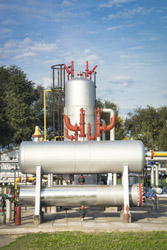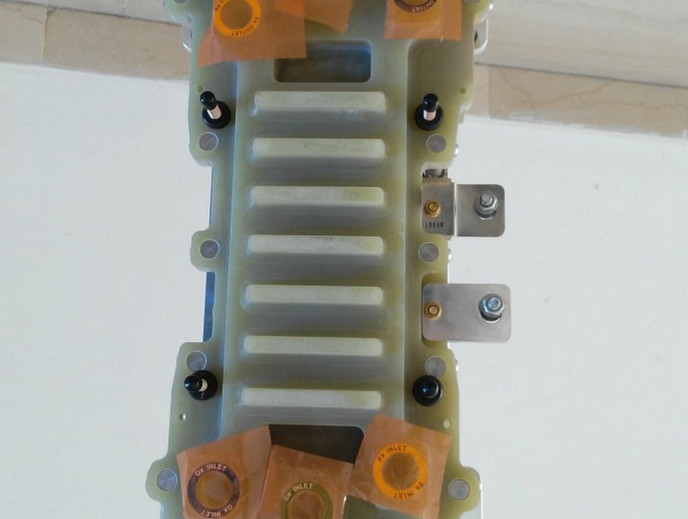Nanoporous metal catalyst supports
The FT reaction (hydrogenation of carbon monoxide (CO)) takes place on cobalt (Co) or iron (Fe) catalysts, but the elevated temperatures and pressures cause interactions with the catalyst supports that tend to produce irreversible deactivation of the catalysts. Scientists investigated the use of porous SiC catalyst supports in FT synthesis with EU funding of the project 'Porous silicon carbide as a support for Co metal nanoparticles in Fischer-Tropsch synthesis' (SICCATALYSIS). SiC is known for its high thermal conductivity, inertness and mechanical stability, making it an excellent candidate as a catalyst support in high-temperature reactions. Porous SiC prevents overheating of metals and sintering of active compounds thanks to the high thermal conductivity of SiC. The porous nature enables embedding of Co nanoparticles for higher activity and selectivity per mass unit of catalyst compared to non-porous supports. Researchers employed two different routes to obtain porous SiC with well-ordered meso-structured and high surface area. Electrochemical etching of a bulk SiC polycrystalline wafer was highly successful in terms of pore characteristics, surface area and high-temperature stability. A nano-casting synthesis route involved impregnating the pores of a silicon dioxide (SiO2) template with polycarbosilane. The materials were then annealed at very high temperature and the SiO2 removed from the SiC pores. Two different methods were also exploited to embed porous SiC with Co for FT reaction studies: a hot injection technique and a slow precipitation one. Passivated Co/porous SiC samples were transferred to a high-pressure reactor to evaluate catalytic activity in the FT synthesis reaction. Interestingly, scientists noted a significant increase in selectivity for C2+ and a decrease in methane production. The result supports the idea that methane is formed by hydrogenation of surface carbon after CO dissociation while the chain lengthening involves a different mechanism. The team is now studying the formation of long-chain alcohols by FT synthesis via mixing of Co and copper. Such alcohols are important feedstock for plasticisers, lubricants and detergents, among others. SICCATALYSIS provided important insight into the use of porous SiC with well-defined structure as a mesoporous support for metal nanoparticles in highly exothermic catalytic reactions.







